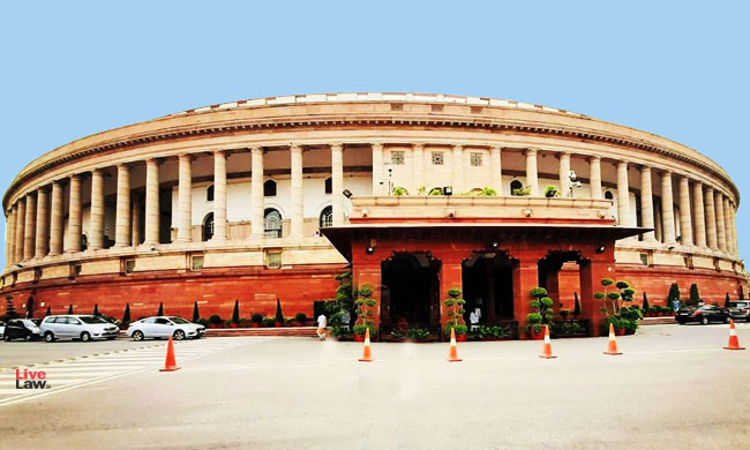Centre Introduces Forest (Conservation) Amendment Bill,2023
Aiman J. Chishti
1 April 2023 7:01 PM IST

Next Story
1 April 2023 7:01 PM IST
On Wednesday, the central government introduced the Forest (Conservation) Amendment Bill, 2023, which seeks to amend certain provisions under the Forest (Conservation) Act, 1980.The Bill acknowledges that the Forest (Conservation) Act, 1980 has presented new challenges in terms of ecological, social, and environmental developments. These include mitigating the effects of climate change,...
